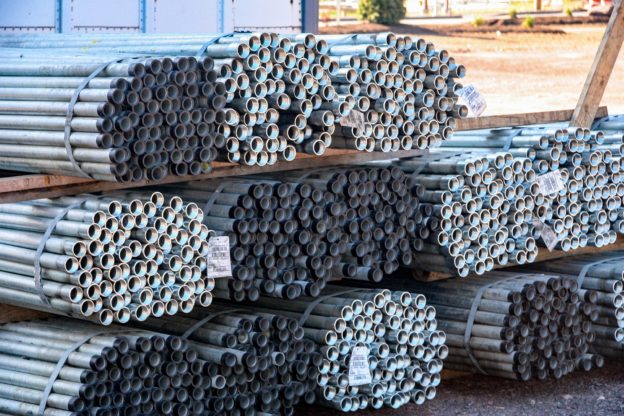As a reminder, on March 26, 2018, the European Commission opened a safeguard investigation on imports of a number of steel products into the EU. The Commission’s steel import monitoring system has provided evidence that imports of certain steel products have increased. This trend could be all the stronger as access to the US market has been limited and steel products from other parts of the world destined for the US market could be redirected to Europe, thus disrupting the European market.
Following its investigation, the Commission imposed, by Regulation No. 2018/1013, provisional safeguard measures aimed at combating the diversion of steel from other countries to the EU market.
Definitive measures were adopted by Regulation No. 2019/159 and applicable until June 30, 2021. The products concerned corresponded to certain steel products belonging to the 28 product categories defined in the above-mentioned notice of initiation, as amended by the opinion extending the investigation, taken together. These products were subject to tariff measures adopted by the United States under Section 232 of the Trade Expansion Act of 1962.
The Commission has reviewed the operation of the measure twice (in October 2019 and in July 2020). Recently, it adapted the volumes of the tariff quotas in order to take into account the United Kingdom’s exit from the Customs Union of the Union from 1 January 2021.
On February 26, 2021, the Commission opened an investigation to determine whether the safeguard measure currently applied to imports of certain steel products should be extended beyond June 30, 2021.
Following its investigation and in application of Implementing Regulation (EU) No. 2021/1029 of 24 June 2021, the Commission decided to extend for 3 additional years, i.e. until 30 June 2024, the definitive safeguard measures imposed by Regulation No. 2019/159. The measure takes the form of tariff quotas reflecting traditional trade flows, beyond which a 25% duty is levied on imports.
For its part, faced with the risk of an influx of steel products on its territory, the United Kingdom in turn decided to apply a safeguard mechanism on imports for said products. Similar to the EU, goods broken down into categories of steel products are subject to a tariff quota and an out-of-quota safeguard duty of 25%.
In both cases, the allocation of tariff quotas falls under the “first come, first served” mode of management and the operators concerned must refer to the Annexes to the acts adopted by the EU and the United Kingdom.
***
Recommendation to our clients: the management of these quotas can be of strategic interest for the companies concerned, which must be very responsive. The DS Avocats Customs & Trade team is at their disposal to provide them with additional information.
CONTACT US :

